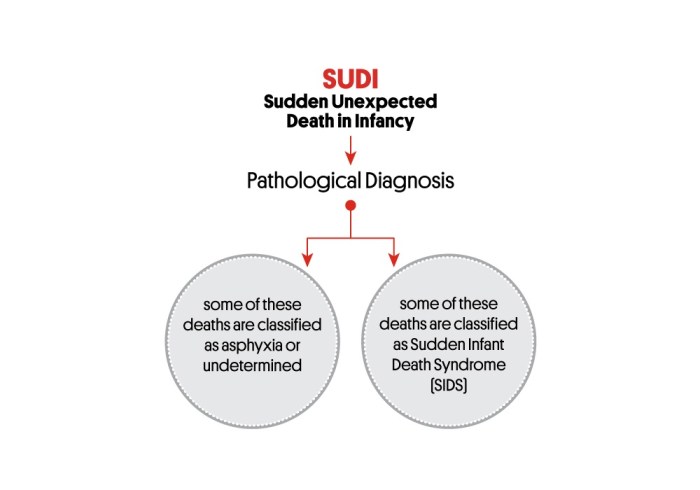What does SUD mean in medical terms? Substance Use Disorder (SUD) is a complex condition characterized by compulsive use of substances despite negative consequences. It encompasses a wide range of substances, from alcohol and drugs to prescription medications, and can lead to severe physical, psychological, and social impairments.
Understanding the definition, symptoms, causes, and treatment options for SUD is crucial for effective prevention, diagnosis, and management of this prevalent disorder.
What does SUD mean in medical terms?

Substance use disorder (SUD) is a chronic, relapsing brain disease that is characterized by compulsive drug seeking and use, despite negative consequences. It is a serious public health problem that affects millions of people worldwide.
Symptoms of SUD
The symptoms of SUD can vary depending on the substance being used, but some common symptoms include:
- Cravings for the substance
- Loss of control over substance use
- Increased tolerance to the substance
- Withdrawal symptoms when the substance is stopped
- Neglect of responsibilities
- Relationship problems
- Legal problems
Causes and Risk Factors of SUD, What does SUD mean in medical terms?
The causes of SUD are complex and involve a combination of genetic, environmental, and social factors. Some of the risk factors for SUD include:
- Family history of SUD
- Early exposure to drugs or alcohol
- Trauma or abuse
- Mental illness
- Peer pressure
- Lack of social support
Diagnosis and Assessment of SUD

SUD is diagnosed based on a clinical evaluation by a healthcare professional. The evaluation will include a review of the person’s symptoms, medical history, and social history. The healthcare professional may also use diagnostic criteria from the Diagnostic and Statistical Manual of Mental Disorders (DSM-5) to help make a diagnosis.
Treatment Options for SUD
There are a variety of treatment options available for SUD, including:
- Therapy
- Medication
- Support groups
- Inpatient treatment
- Outpatient treatment
Prevention and Education about SUD

Preventing SUD is a complex issue that requires a multi-pronged approach. Some of the strategies that have been shown to be effective in preventing SUD include:
- Education and awareness programs
- Early intervention programs
- Treatment for mental illness
- Support for families and communities
Ending Remarks
SUD is a multifaceted condition with a range of potential causes and consequences. By raising awareness, implementing prevention strategies, and providing accessible treatment options, we can empower individuals and communities to overcome the challenges of substance use disorder and promote overall well-being.
FAQ Resource
What are the common symptoms of SUD?
Symptoms of SUD can vary depending on the substance used, but may include physical signs like changes in appearance, weight loss, or withdrawal symptoms; psychological symptoms like mood swings, anxiety, or depression; and behavioral symptoms like impaired judgment, risky behavior, or social isolation.
What causes SUD?
The exact causes of SUD are not fully understood, but a combination of genetic, environmental, and social factors is believed to contribute to its development. These include factors like family history of substance abuse, exposure to trauma or stress, and lack of social support.
How is SUD diagnosed?
SUD is diagnosed based on a clinical evaluation by a healthcare professional. They will assess the individual’s substance use history, symptoms, and any underlying medical or mental health conditions.
What are the treatment options for SUD?
Treatment for SUD typically involves a combination of therapies, medications, and support groups. Therapies like cognitive behavioral therapy and motivational interviewing aim to change unhealthy thought patterns and behaviors, while medications can help manage withdrawal symptoms and cravings.